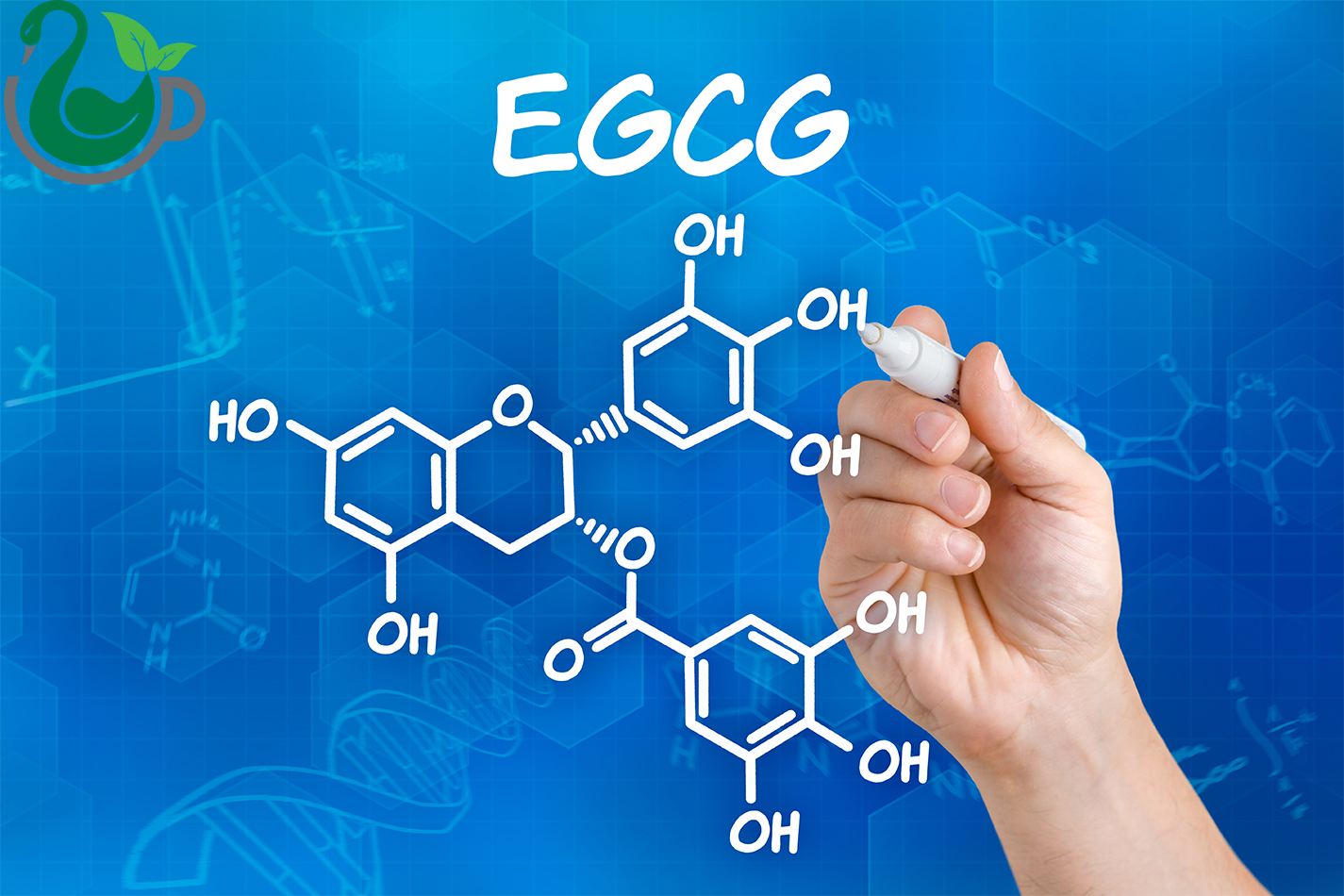Parkinson’s disease (PD) is the most common movement disorder and, after Alzheimer’s disease (AD), the second most frequent progressive neurodegenerative disease. The prevalence of Parkinson’s disease worldwide ranges from 0.5 to 4% among people aged 65 years or older. With the accelerated aging of human society, it was predicted that by 2030, the number of Parkinson’s disease sufferers will reach 9.3 million. Parkinson's disease may have both hereditary and environmental causes, while the exact reason is yet unclear.

Three risk factors associated with the onset and progression of Parkinson’s disease have been identified, including:
- Oxidative stress: a condition that may occur when there are too many unstable molecules called free radicals in the body and not enough antioxidants to get rid of them.
- Neurotoxicity, which means damage to the brain or peripheral nervous system caused by exposure to natural or man-made toxic substances.
- α-synuclein (αS) aggregation, which leads to the generation of fibrils and may cause damage by themselves.
-

In addition to being one of the most popular drinks worldwide, tea includes certain polyphenols that may be crucial in slowing or stopping the progression of Parkinson's disease, which has led to an increase in interest in tea drinking. In 2009, a clinical study on 410 untreated people with Parkinson’s disease showed that green tea polyphenols provided mild symptomatic relief for the participants. Besides, according to scientific studies, consumption of more than 3 cups of tea per day delayed the onset of motor symptoms by 7.7 years.
But how?
- Tea polyphenols possess anti-chelating or anti-oxidant properties.
- Tea polyphenols possess neuroprotective and neuroregenerative effects.
- Tea polyphenols have the potential to directly interfere with the αS protein's ability to aggregate.
Epigallocatechin Gallate or EGCG, is one of the key compounds that not only blocks the formation of alpha synuclein fibrils, but it can also bind to alpha synuclein fibrils and restructure them into the safe form of aggregated monomers.
Due to the growth of the elderly population and the predicted increase in the number of Parkinson's disease cases, the importance of raising awareness about the risk factors for Parkinson's disease and ways to prevent it has increased. Research indicates that consumption of green tea, as a rich source of polyphenols, including epigallocatechin gallate, can serve as a complementary approach and a simple and effective strategy for controlling the symptoms of Parkinson's disease and delaying its progression.
- Caruana, M., & Vassallo, N. (2015). Tea Polyphenols in Parkinson’s Disease. In: Vassallo N. (eds) Natural Compounds as Therapeutic Agents for Amyloidogenic Diseases. Advances in Experimental Medicine and Biology, vol 863, 117-137. Springer, Cham. Retrieved from https://link.springer.com/chapter/10.1007%2F978-3-319-18365-7_6
- (2016, November 29). Get More EGCG. Drink Green Tea. The Science of Parkinson's disease. Retrieved from https://scienceofparkinsons.com/2016/11/29/get-more-egcg-drink-green-tea
- Kandinov, B., Giladi, N., & D.Korczyn, A. (2009). Smoking and Tea Consumption Delay Onset of Parkinson's Disease. Parkinsonism & Related Disorders, 15(1), 41-46. Retrieved from http://www.sciencedirect.com/science/article/pii/S135380200800093X